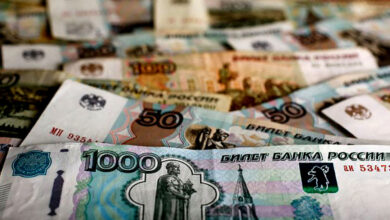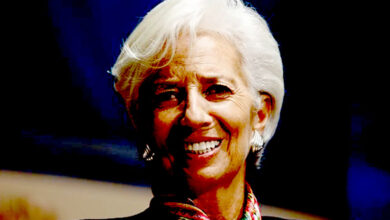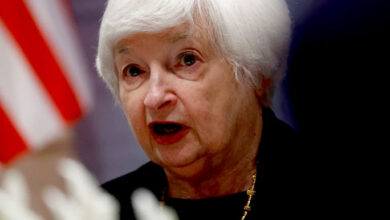“Australia’s Stock Party: Riding the Commodity Wave High!”

G’day mates! If you’ve been snoozing on the Aussie stock scene, it’s time to wake up and smell the eucalyptus. Why? ‘Cause the S&P/ASX 200 Index is dancing close to that 7,000-point fiesta line! And guess what’s fueling this stock bonanza? A massive surge in commodity prices that’s got miners and oil bigwigs breaking out in happy jigs.
Look at the gold diggers like Gold Road Resources and Northern Star Resources. They’re glinting brighter than a sunburnt roo in the Outback! And Evolution Mining? Well, they’ve soared over 6% – that’s like a kangaroo on a trampoline! The heavy-hitters in mining, like Rio Tinto and BHP Group, aren’t far behind. And oil tycoons, Woodside Energy and Santos? Riding the wave with almost a 3% climb. Crikey!
But it’s not just the miners and oil lads having a good old time. The tech whizzes and banks are throwing their hats in the ring too. Block, who’s got Afterpay under its wing, and Xero are stealing some of the spotlight. Even the banking buddies, ANZ and Commonwealth Bank, are hopping up with close to a 1% boost.
And if you’re scratching your head about the Aussie dollar, it’s strutting around at $0.637.
Overseas? Markets last Friday were hotter than a summer barbie. Nasdaq surged like a surfer catching a giant wave, leaping by 1.6%. The S&P 500 wasn’t far behind with a 1.2% hop. Even the European buddies, the German DAX and French CAC 40, were in the groove, rising by 1.1% and 0.9% respectively.
Oh, and speaking of commodities, West Texas Intermediate Crude oil? It’s shinier by $0.48, sitting pretty at $82.79 a barrel.
Alright, before I bounce off, this yarn got a sprinkle of AI magic and a human touch-up. If you’re curious about the nuts and bolts, dive into our T&Cs. Cheers, and catch ya later! 🐨





